Suzannah Pettigrew's 'tender and ghostly' new show at Surrealist photographer Lee Miller's former home in East Sussex
London-based artist Suzannah Pettigrew's photographic stills create a snapshot of her Sussex coast childhood, conjuring up a hallucinatory world of memory
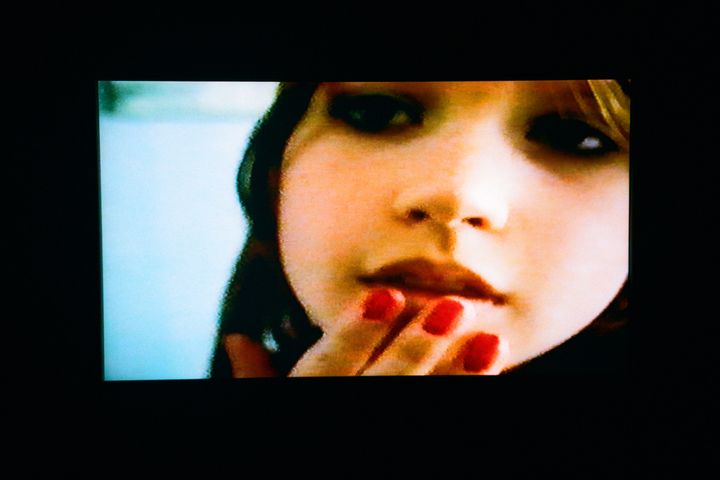
Receive our daily digest of inspiration, escapism and design stories from around the world direct to your inbox.
You are now subscribed
Your newsletter sign-up was successful
Want to add more newsletters?

Daily (Mon-Sun)
Daily Digest
Sign up for global news and reviews, a Wallpaper* take on architecture, design, art & culture, fashion & beauty, travel, tech, watches & jewellery and more.

Monthly, coming soon
The Rundown
A design-minded take on the world of style from Wallpaper* fashion features editor Jack Moss, from global runway shows to insider news and emerging trends.

Monthly, coming soon
The Design File
A closer look at the people and places shaping design, from inspiring interiors to exceptional products, in an expert edit by Wallpaper* global design director Hugo Macdonald.
British artist Suzannah Pettigrew uses decades of personal and family films as a portal into the hallucinatory world of memory for her new exhibition ‘The End (For Now)’. The work, which spans framed photographic stills, her signature ‘photo-sculpture’ installations and generative poetry pieces, recontextualises films taken by Pettigrew’s grandfather, father, cousins and the artist herself when she was an adolescent.
The images drawn from these homemade films, made on Super 8 and early digital cameras, are tender and ghostly. We see a grainy glimpse of an empty table dressed with a gingham tablecloth and matching plates; a young Pettigrew filming herself in the bathroom mirror, the hefty black camera eclipsing her not-yet-teenage face; a pixelated TV showing sailboats against a black sky, and other quotidian moments from Pettigrew’s early life growing up in the seaside Sussex town of Eastbourne.
Suzannah Pettigrew, ‘The End (For Now)’
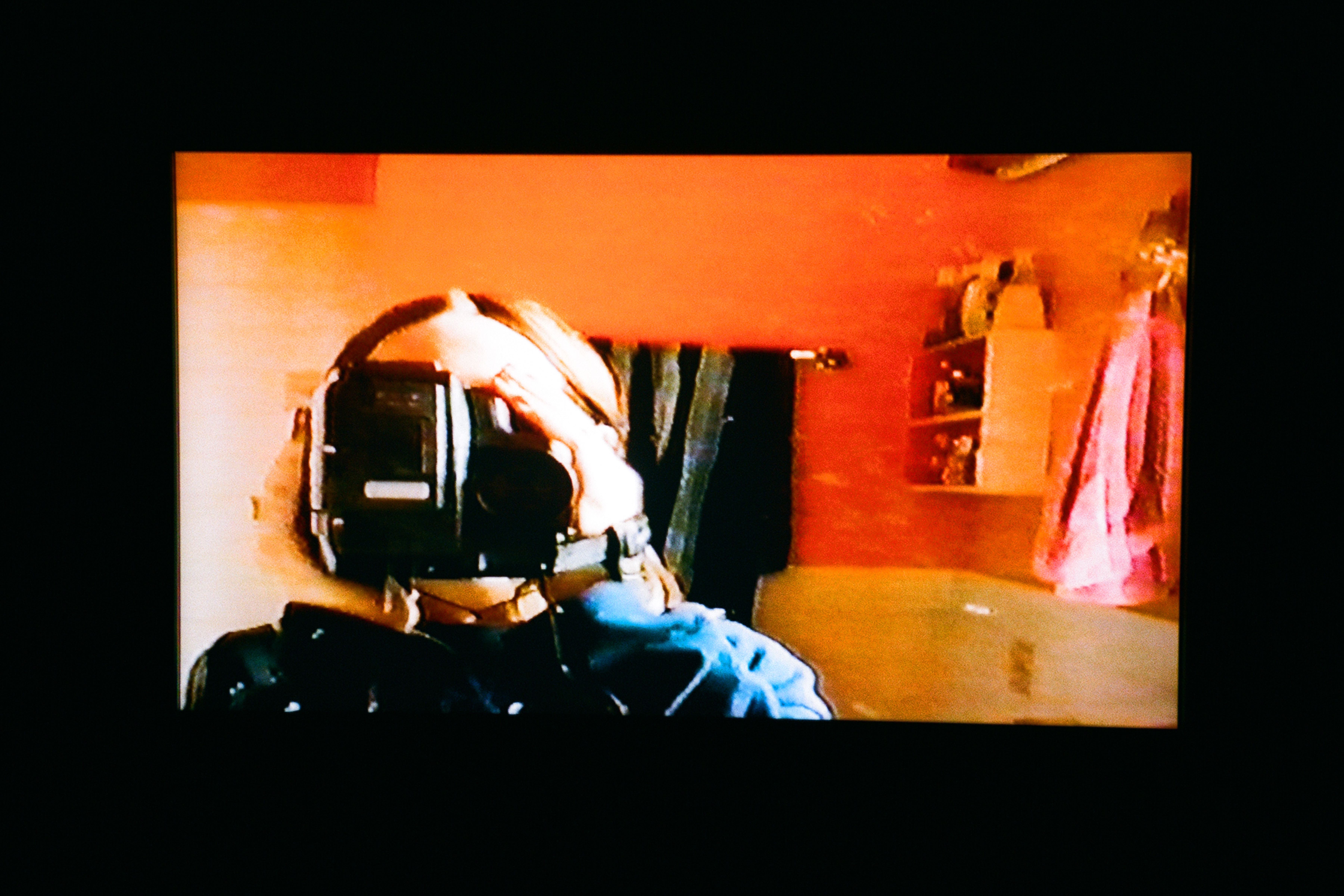
Suzannah Pettigrew, Filming in the Bathroom Mirror
By reconstituting these films, which are also the collective visual memories of her family, Pettigrew shows us just how destabilised our understanding of the past can be. We take it as a given that if we capture something on film, it is the truth, but what if, Pettigrew asks, technological mediums are just as unreliable as our minds? What if reality is always, inevitably, morphing into fantasy?
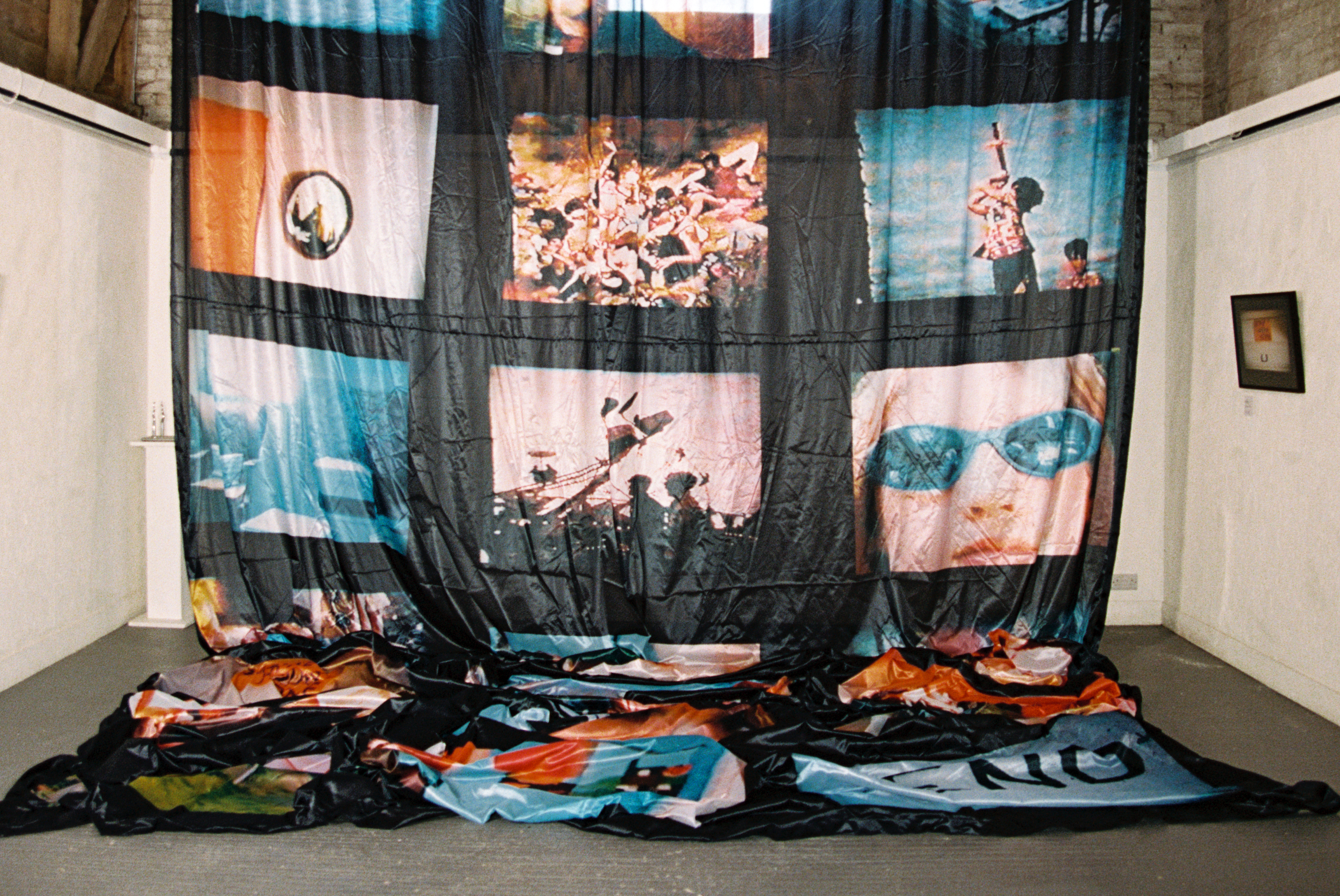
Suzannah Pettigrew, 'The End (For Now)', installation view
Pettigrew’s ability to fracture the distinction we draw between reality and fantasy makes it perfectly fitting that ‘The End (For Now)’ is taking place at Farleys, the former home of Surrealists Lee Miller and Roland Penrose in the East Sussex countryside.
The fact that the show is happening at Farleys is especially poignant for Pettigrew, who visited the house exactly 20 years ago on a trip that has informed her artistic practice ever since. The visit cemented Miller as Pettigrew’s defining artistic influence and it was the first time that the young artist met Miller and Penrose’s son, Antony Penrose, who, along with his daughter Ami Bouhassane, is the founder of the Lee Miller Archives and director of Farley House.
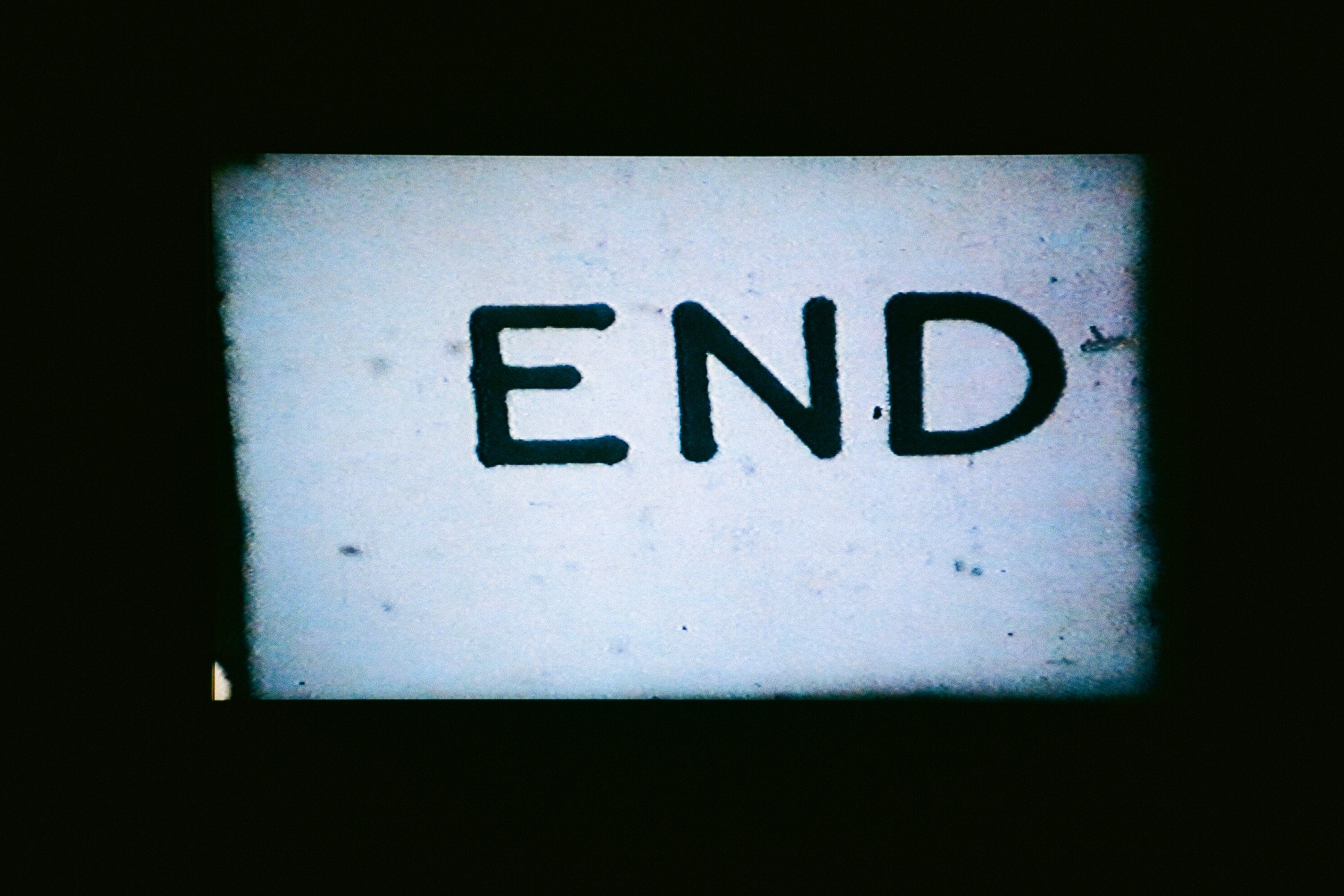
Suzannah Pettigrew, End Card
Pettigrew has created a companion book to the exhibition, which features an illuminating and, at times, astounding interview between herself and Penrose about Miller’s work and how Pettigrew’s own photography fits within its legacy.
For those unfamiliar with Miller’s life, she was a fashion model-turned-photographer, a leading figure in the Surrealist movement, an expat in 1930s Egypt, and a Second World War correspondent who documented the liberation of Paris, the London Blitz, and the concentration camps at Dachau and Buchenwald.
Receive our daily digest of inspiration, escapism and design stories from around the world direct to your inbox.
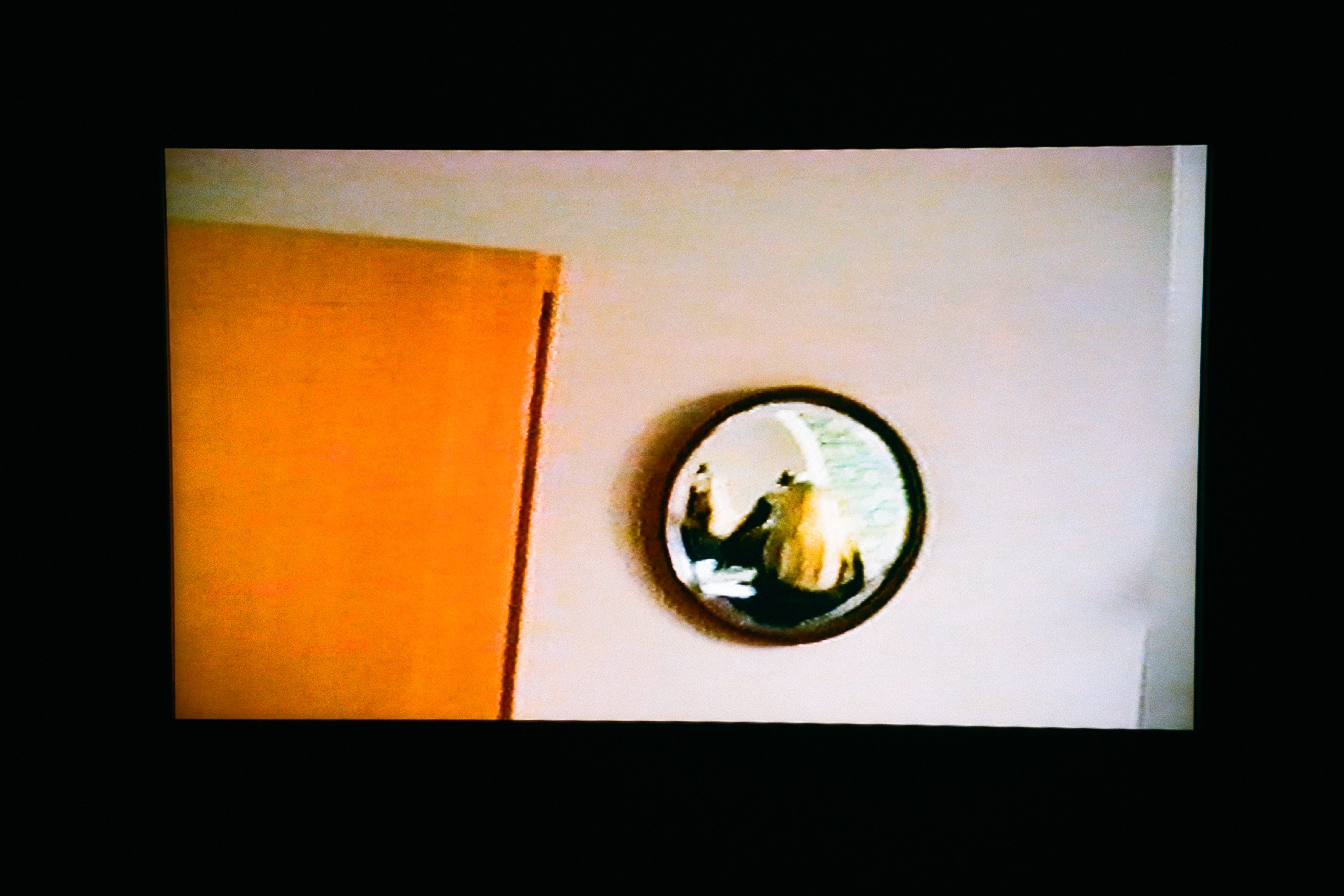
Suzannah Pettigrew, Serena Brushing her Hair
She captured some of the most moving images of the war, but the experience left her with severe post-traumatic stress and, by the 1950s, she had mostly abandoned photography, choosing instead to channel her creative energy into gourmet cooking. Miller died in 1977, by which time her work had become little known to the public and even to her own son, who was not aware of his mother’s remarkable career until, after her death, he found thousands of negatives, photographs, letters and other documents in the attic at Farleys. The book touches on all of this, as well as the struggles Penrose had getting any major museum or gallery to recognise Miller as more than just a footnote in the Surrealist movement.
Together, ‘The End (For Now)’ exhibition and corresponding book celebrate both Miller and Pettigrew as female photographers pushing the limits of what photography can do. As Penrose says to Pettigrew in their recorded conversation, ‘What's important to me about your work is that you're breaking new ground. You're finding ways of making photography relevant and exciting that have not really yet been explored. In this day and age, when media is so prolific, that's a difficult thing to do.’
‘The End (For Now)’ is on show at Farleys until 14 July, farleyshouseandgallery.co.uk
Mary Cleary is a writer based in London and New York. Previously beauty & grooming editor at Wallpaper*, she is now a contributing editor, alongside writing for various publications on all aspects of culture.